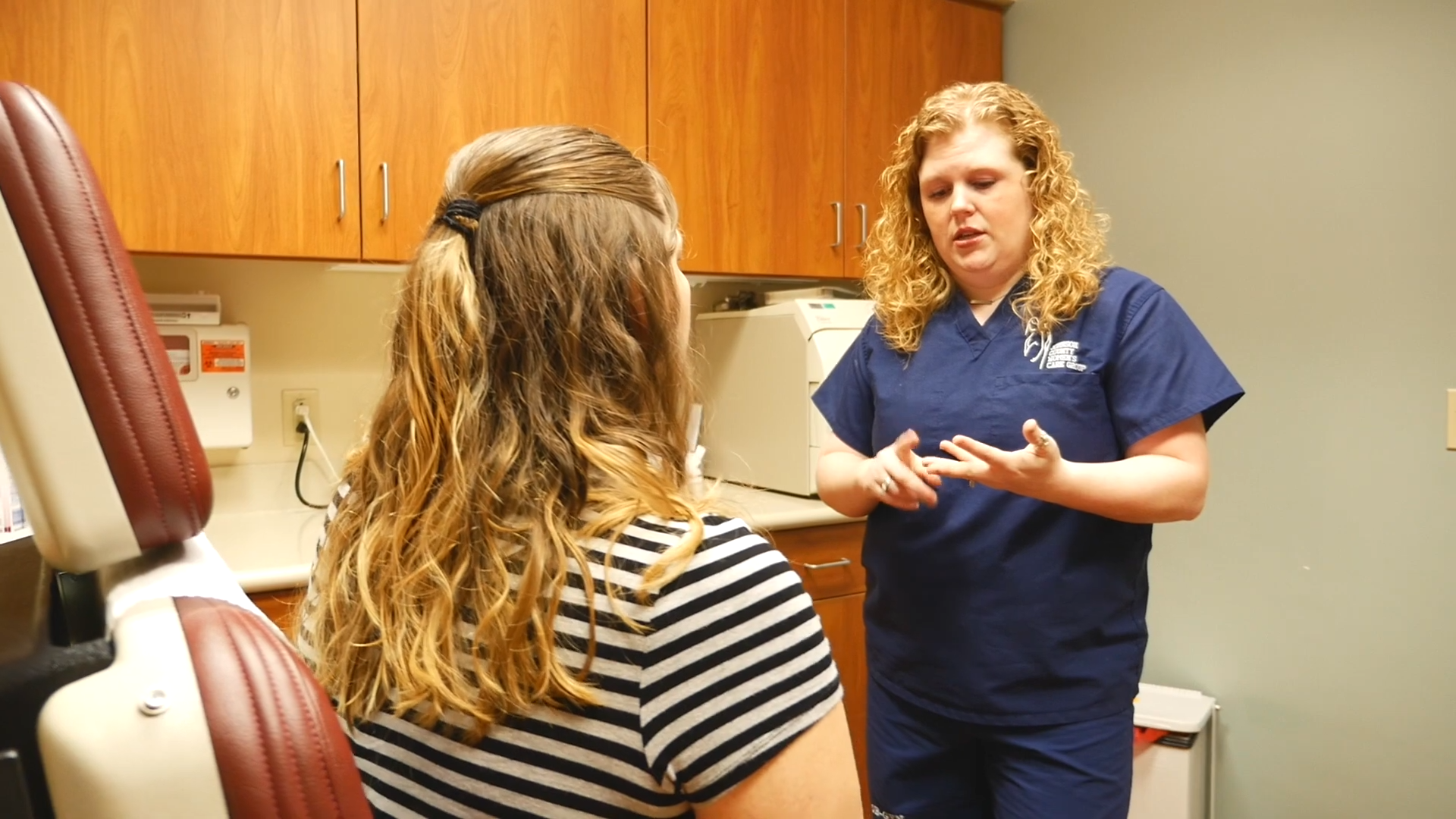Maintaining reproductive health is vital for women of all ages, and routine checkups play a crucial role in this endeavor. Regular visits to healthcare professionals ensure that potential issues are detected early and treated promptly, promoting overall well-being. Women’s health care encompasses a range of services, from screenings and preventive measures to managing chronic conditions and reproductive health concerns.
Routine checkups are essential for monitoring reproductive health and preventing serious conditions. These visits provide an opportunity for healthcare providers to offer guidance on lifestyle choices, contraception, and family planning. By prioritizing regular health care, women can achieve and maintain optimal reproductive health, ensuring a better quality of life.
Maintaining reproductive health involves several key aspects. This guide will cover the importance of regular gynecological exams, understanding contraception options, and managing menopausal symptoms.
Regular Gynecological Exams
Regular gynecological exams are critical for early detection of potential health issues, providing a proactive approach to women’s health. These exams typically include screenings for cervical cancer, which can identify abnormal cells before they develop into serious conditions. Additionally, pelvic exams and breast exams are conducted to check for abnormalities and ensure that any concerns are addressed promptly. By attending these routine checkups, women can significantly reduce the risk of developing advanced health issues.
Early detection through regular gynecological exams allows for timely intervention and treatment, which is key to maintaining overall reproductive health. Identifying problems at an early stage often leads to more successful treatment outcomes and can prevent the progression of diseases. Healthcare providers can offer personalized advice and care based on the results of these exams, empowering women to take control of their health. Consistent checkups not only protect against serious conditions but also promote long-term well-being.
Understanding Contraception Options
Understanding contraception options is crucial for effective family planning and reproductive health. Women have access to a range of methods, including hormonal options like birth control pills, patches, and injections. Barrier methods such as condoms and diaphragms, along with long-acting reversible contraceptives like intrauterine devices (IUDs) and implants, offer diverse choices. Each method has its own benefits and potential side effects, making it important for women to be well-informed.
Consulting with healthcare providers is essential in choosing the most suitable contraception method. Providers can offer personalized advice based on individual health needs, lifestyle, and reproductive goals, ensuring both effectiveness and personal comfort. This tailored approach helps women find the best option for their unique situations, promoting overall reproductive health and well-being. By understanding their choices and receiving professional guidance, women can confidently manage their family planning and reproductive health needs.
Managing Menopausal Symptoms
Managing menopausal symptoms is an important aspect of women’s health care, addressing significant changes that impact daily life. Symptoms such as hot flashes, mood swings, and sleep disturbances can be challenging, affecting physical and emotional well-being. It’s crucial for women to seek support and advice from healthcare providers, who can offer tailored strategies and treatments to manage these symptoms effectively, improving overall quality of life during menopause.
Healthcare providers play a key role in helping women navigate menopause with greater ease and comfort. They can recommend lifestyle modifications, hormone replacement therapy, and other medical interventions based on individual needs and preferences. By addressing menopausal symptoms proactively, women can maintain better control over their health and well-being. Support from healthcare professionals ensures that the transition through menopause is smoother, reducing discomfort and promoting a more positive experience during this natural phase of life.
Conclusion: Ensuring Comprehensive Women’s Health Through Routine Care
Maintaining reproductive health is vital for women of all ages, and routine checkups are essential in this endeavor. Regular visits to healthcare professionals enable early detection and prompt treatment of potential health issues, promoting overall well-being. Women’s health care includes a range of services, from preventive screenings and management of chronic conditions to reproductive health concerns. By prioritizing regular gynecological exams, understanding contraception options, and effectively managing menopausal symptoms, women can achieve optimal reproductive health. These proactive measures ensure a higher quality of life, empowering women to take control of their health and well-being at every stage of life.








